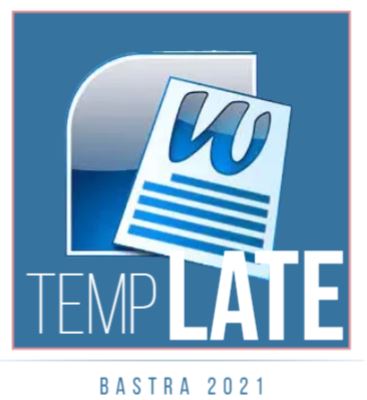EFEKTIVITAS MODEL PEMBELAJARAN ASIAWK PADA MATERI TEKS CERITA RAKYAT KELAS X SMA
Keywords:
Model Pembelajaran ASIAWK, Teks Cerita RakyatAbstract
This study examines the effectiveness of the Indonesian Literature Appreciation model based on Critical Discourse Analysis (ASIAWK) in teaching folklore texts at SMA Wahid Hasyim. The model integrates critical thinking theory, critical discourse analysis, and literature learning to enhance students’ critical thinking skills, creativity, and ability to analyze human values within literary texts. The research employed qualitative and quantitative approaches, with data sources consisting of teachers and tenth-grade students. The results indicate that the implementation of ASIAWK improved both student and teacher learning activities, and achieved a mastery level of over 75%, meeting the minimum passing grade (KKM ≥ 75). These findings confirm that ASIAWK is effective in teaching Indonesian language, particularly in folklore text materials.
Downloads
Published
How to Cite
Issue
Section
License
Copyright (c) 2025 BASTRA : Jurnal Penelitian Pendidikan Bahasa dan Sastra

This work is licensed under a Creative Commons Attribution-ShareAlike 4.0 International License.
Authors who publish with PENTAS agree to the following terms:
Authors retain copyright and grant the Engagement right of first publication with the work simultaneously licensed under a Creative Commons Attribution License (CC BY-SA 4.0) that allows others to share (copy and redistribute the material in any medium or format) and adapt (remix, transform, and build upon the material) the work for any purpose, even commercially with an acknowledgement of the work's authorship and initial publication in BASTRA.
Authors are able to enter into separate, additional contractual arrangements for the non-exclusive distribution of the journal's published version of the work (e.g., post it to an institutional repository or publish it in a book), with an acknowledgement of its initial publication in BASTRA.
Authors are permitted and encouraged to post their work online (e.g., in institutional repositories or on their website) prior to and during the submission process, as it can lead to productive exchanges, as well as earlier and greater citation of published work (See The Effect of Open Access).

This work is licensed under a Creative Commons Attribution-ShareAlike 4.0 International License.







